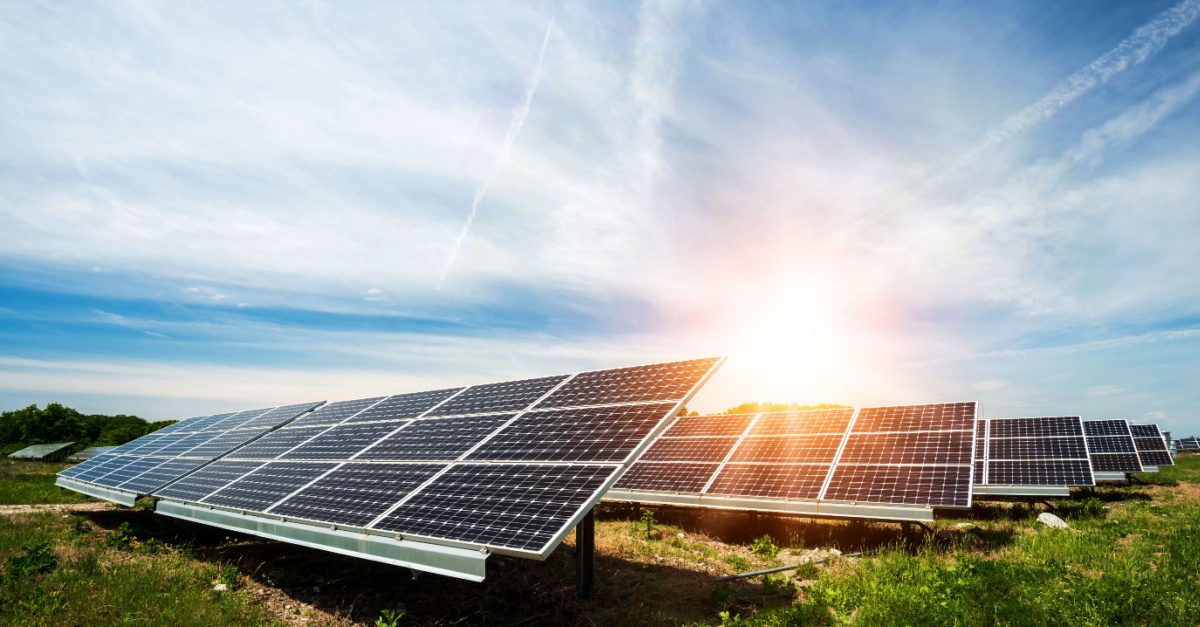
How can energy suppliers make it easier for customers to go green?
It’s not easy being green – or is it? People around the world are looking to commit to a more sustainable lifestyle, but it can be difficult to know just where to start making changes. If this sounds like you, the answer may be closer to home than you think. In the UK in 2022, the residential sector accounted for 17% of the country’s total CO2 emissions, highlighting just how important it is for us all to make more eco-conscious choices at home. Inevitably, energy suppliers have an important role to play in facilitating the transition to more sustainable living. But what exactly can they do to help their customers to make more eco-friendly choices around the home?
Offer green tariffs
Renewable energy is nothing new. But it’s becoming more accessible than ever before, and energy suppliers have an obligation to fuel the drive for a higher percentage of renewable energy in the national mix. One of the primary ways they can support this transition is by offering green tariffs. Essentially, green tariffs ensure that suppliers match some or all of the energy used by consumers with renewable electricity. This energy could come from a variety of sources including wind farms or solar panel systems.
However, it’s important to note that around a quarter of the UK’s energy mix is already made up of renewable units, meaning that green energy will remain part of the mix no matter which tariff you’re on. Before committing to a green tariff, make sure you carefully research exactly what is being offered, since these packages can often be misleading and claim to be better for the environment than they actually are.
For homeowners who are unable to invest in their own renewable energy generation, reputable green tariffs can be an excellent alternative.
Utilise technology
Technology is making it easier for us all to make more eco conscious choices in everyday life. For energy suppliers, technological advancements can be leveraged in different ways to encourage more customers to go green. On a basic level, companies’ websites should be easy to navigate, and the process of researching and switching to different tariffs should be made as simple as possible. Any policy updates or developments regarding sustainable energy should be communicated to customers through the website or newsletters.
In addition, easy-to-use tools should be made available to help customers stay on top of their energy consumption and bills. For example, online calculators can be designed to allow consumers to calculate their carbon emissions and highlight the areas where they could cut down on usage. Finally, companies could look to diversify their customer support service. Teams should be educated on (and able to answer questions about) renewable energy and the green tariffs on offer, making it easier for customers to adopt green solutions. Customer data can also be used to offer more personalised suggestions for energy-efficient products.
Education
There are two key areas in which energy suppliers could educate their customers. Firstly, these companies can make resources available to teach consumers about the importance of responsible energy consumption. While this might seem counterproductive, since reduced consumption will directly affect profits, these organisations have a moral responsibility to provide customers with more information on energy efficiency. This content can be made available in a number of different ways, such as social media, free courses, events and on their website.
Secondly, energy suppliers should take the guesswork out of choosing a tariff, and clearly present all the information to help customers understand the different types available. This will help them to make a more informed decision on the type of tariff that best suits their lifestyle. If customers had more information on the types of green tariffs available, they may be more inclined to make the switch from a traditional supply.

Visit The Sustain Chain to find out how IoSCM can help you achieve your sustainability goals.
